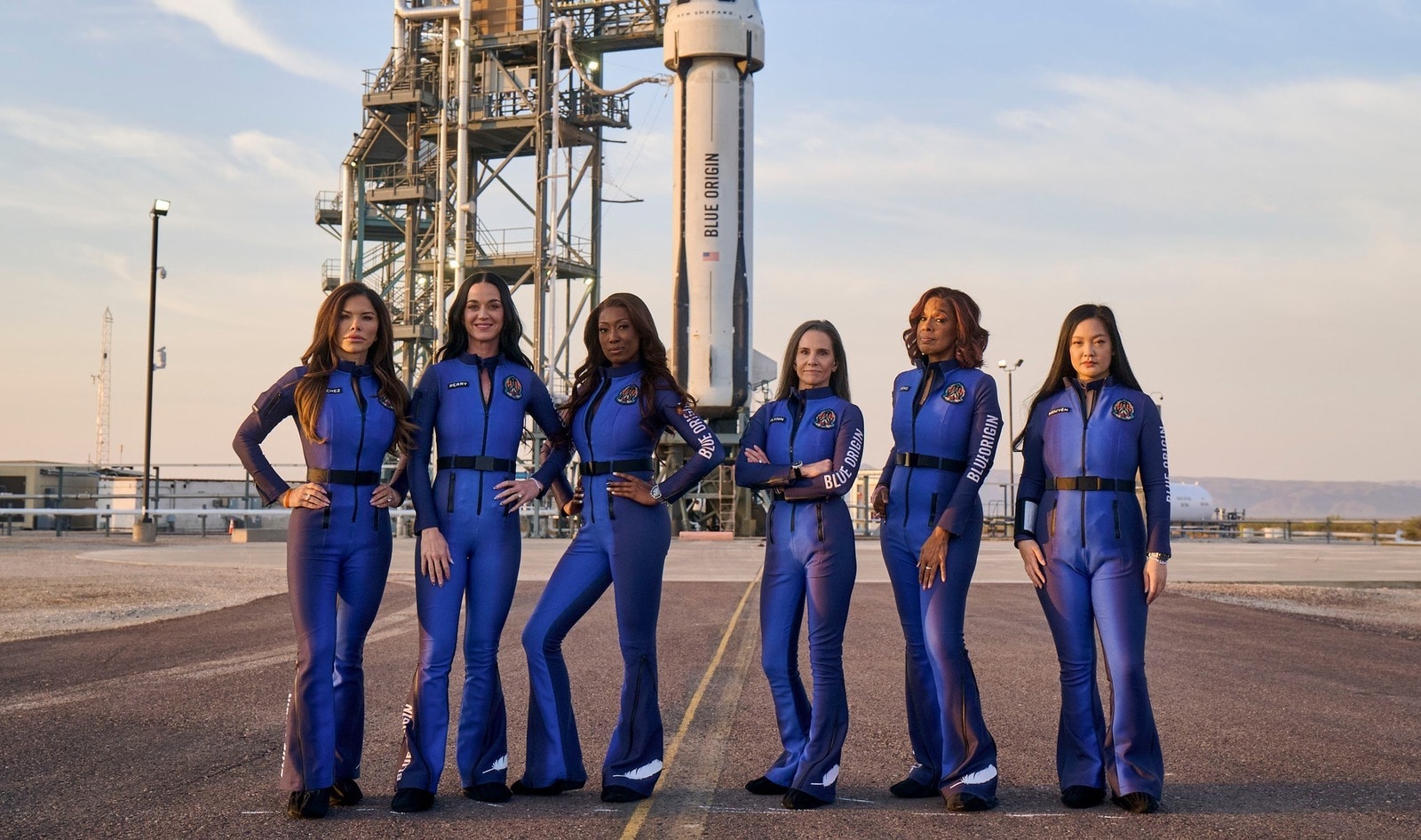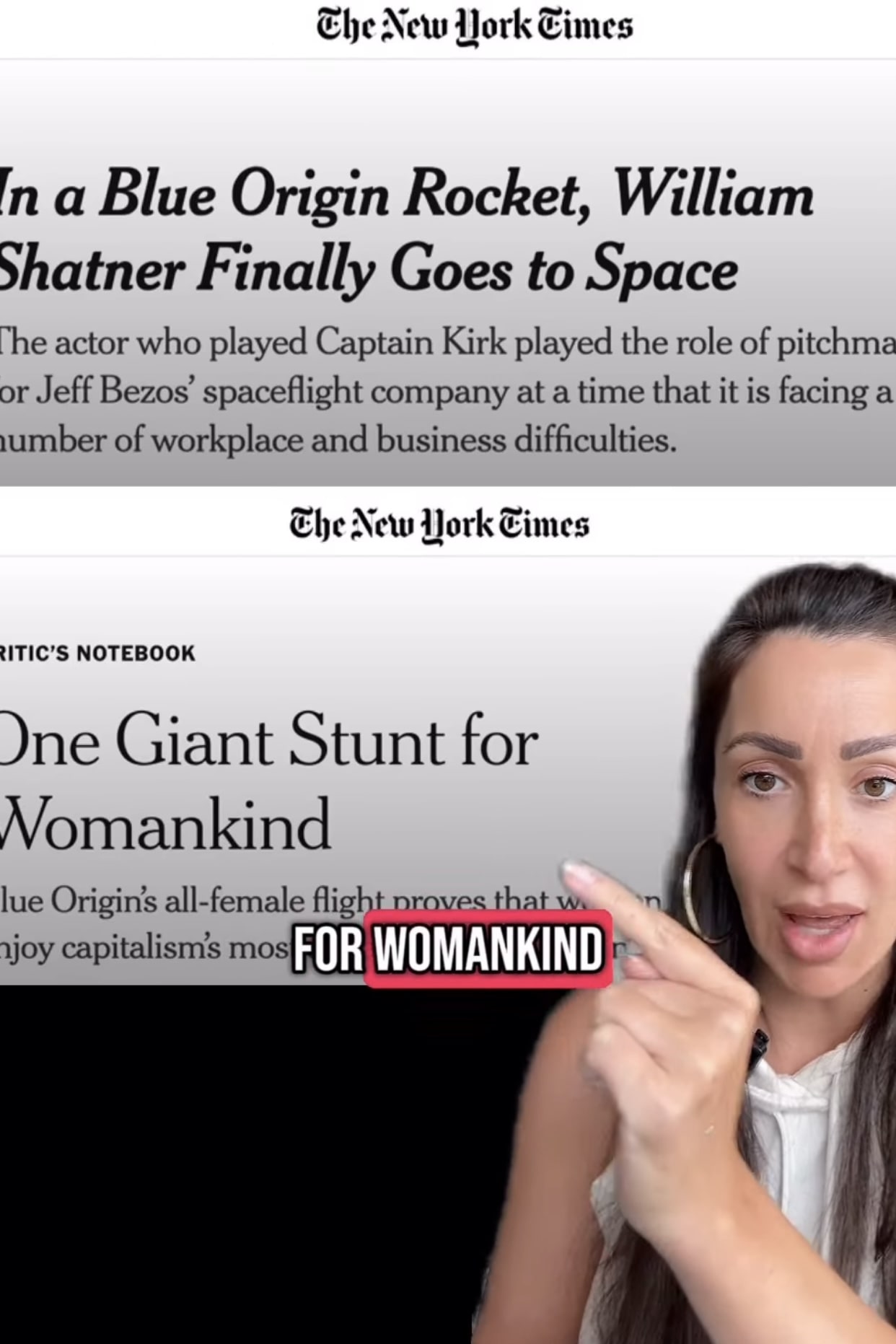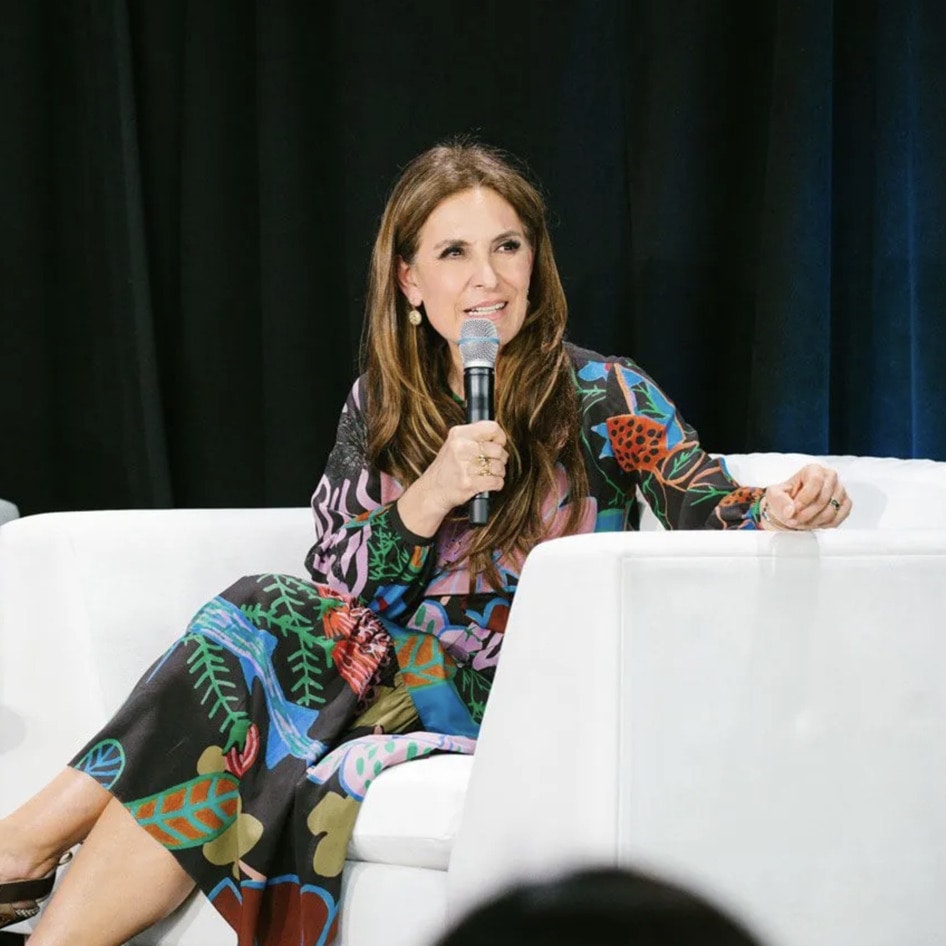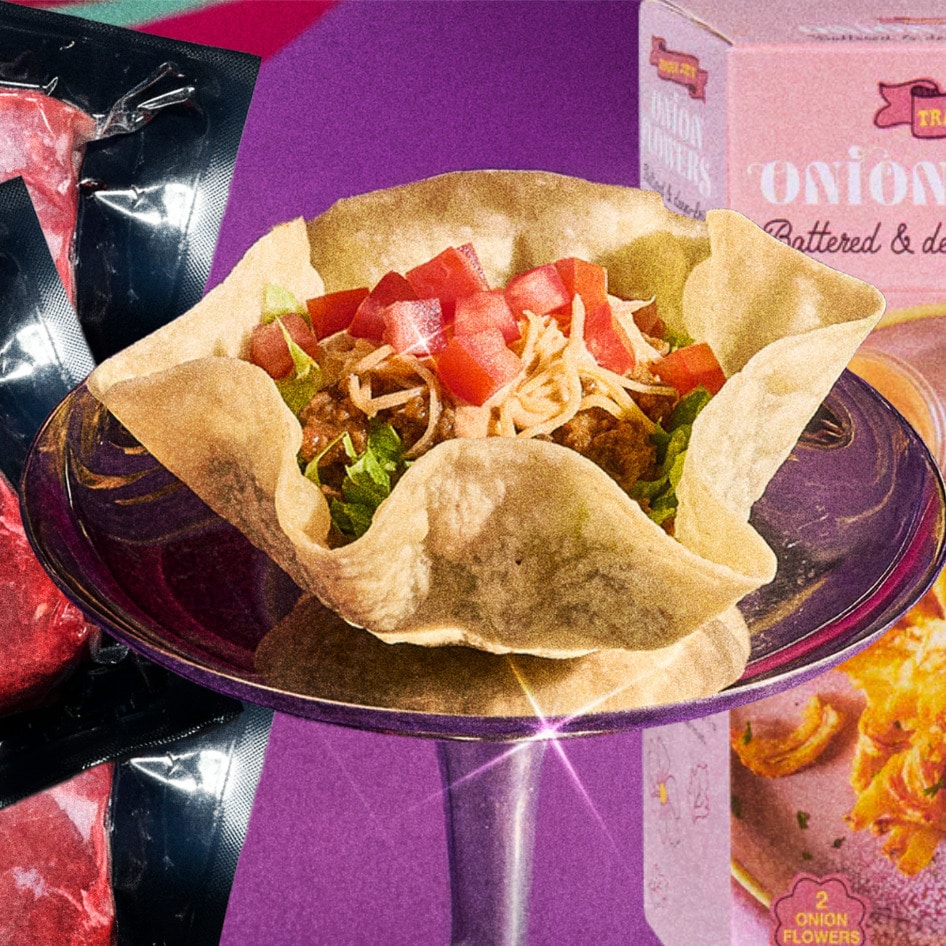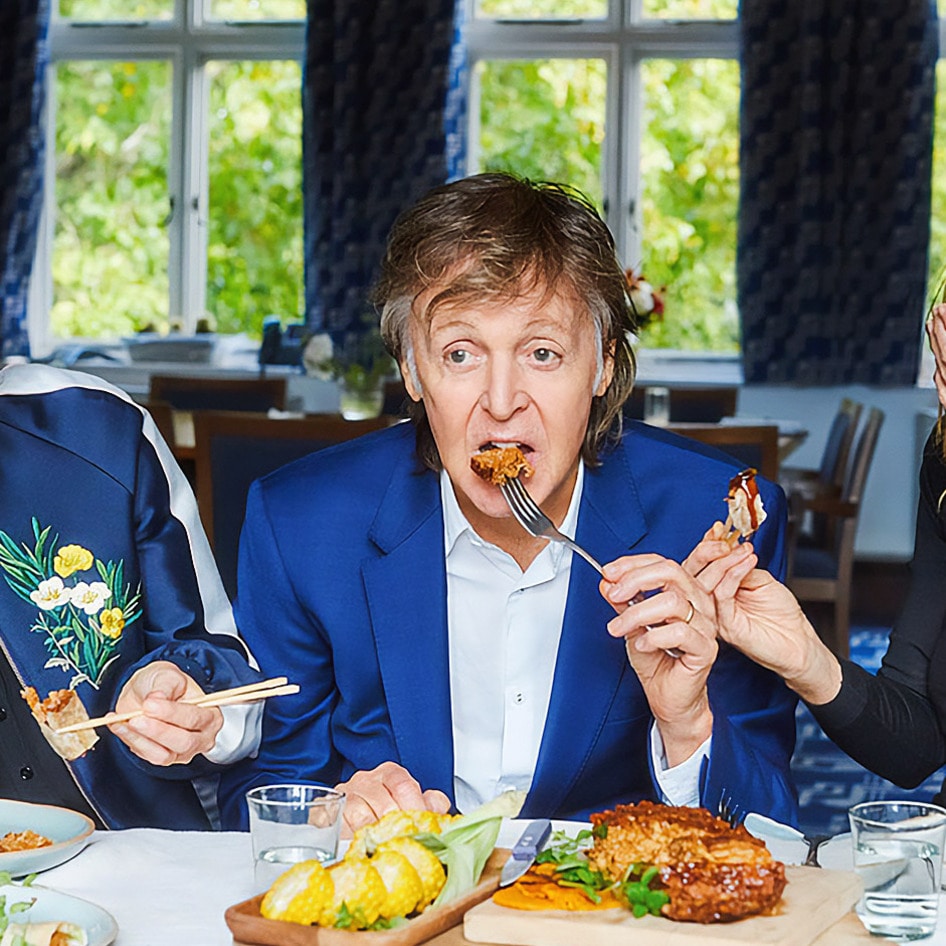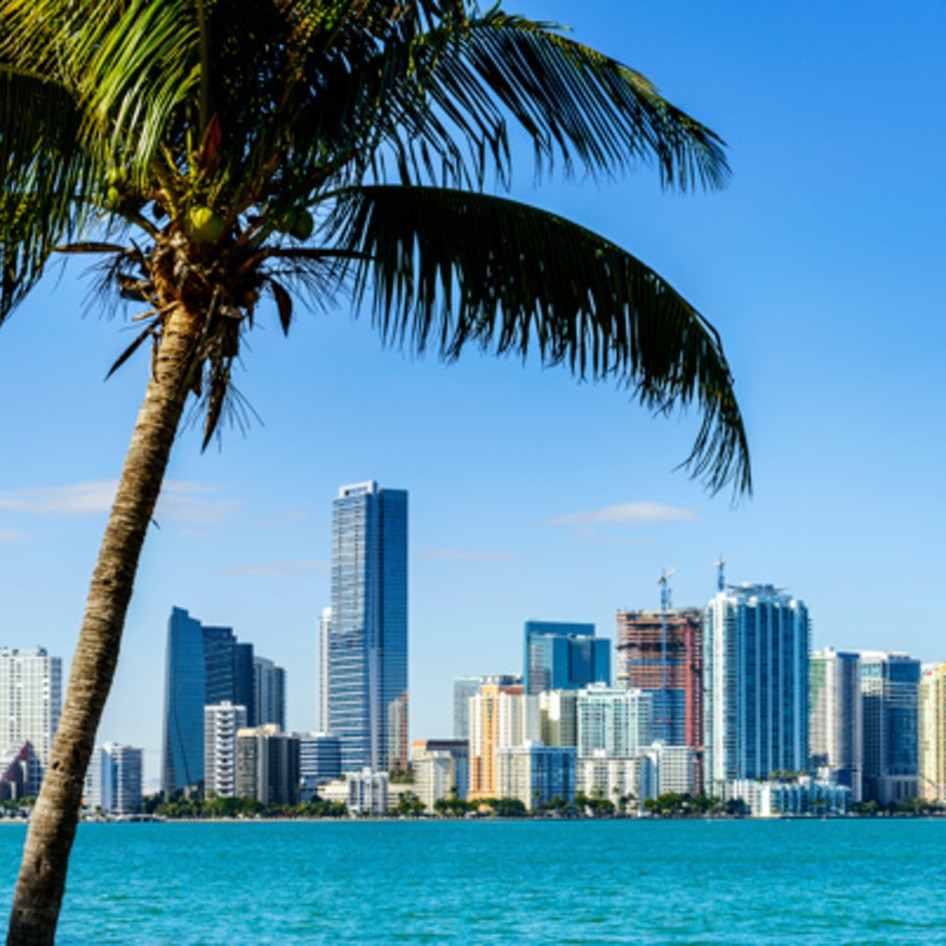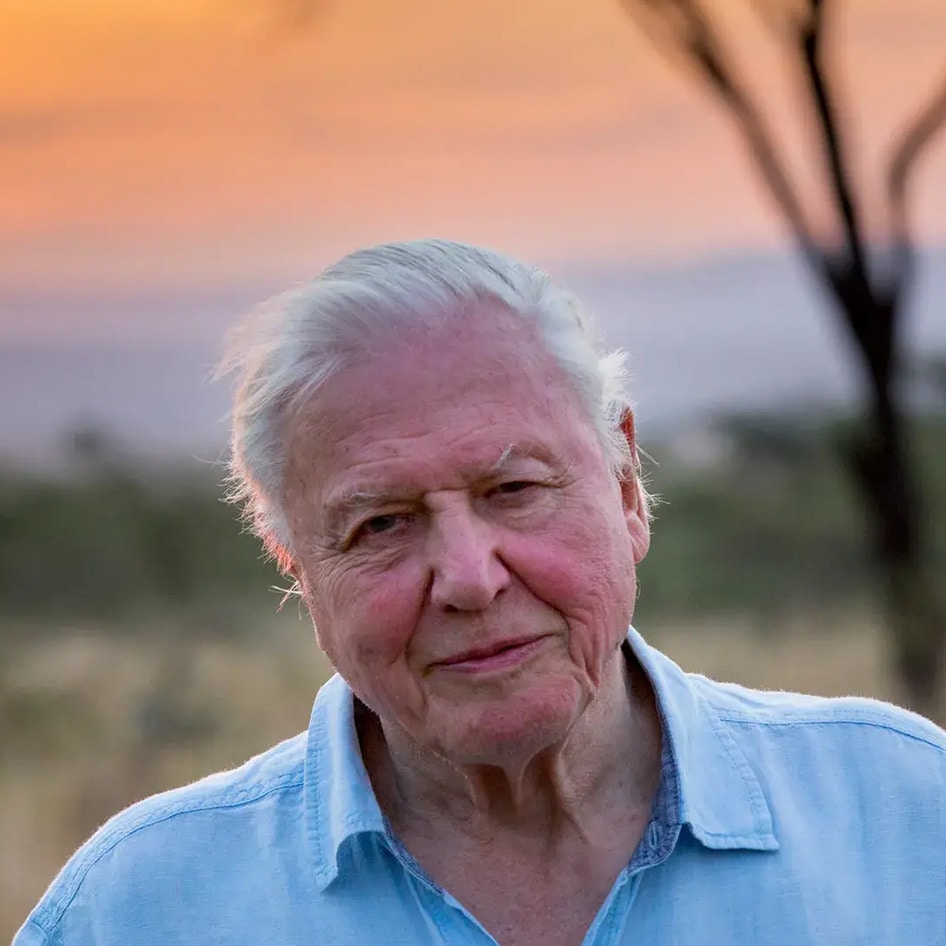It’s been more than two weeks since the world watched Blue Origin blast off for an 11-minute flight with an all-female crew. Civil rights activist Amanda Nguyen, rocket scientist Aisha Bowe, and film producer Kerianne Flynn were among the passengers, along with TV presenter Gayle King and journalist Lauren Sánchez (wife of Amazon founder and Blue Origin owner Jeff Bezos). Rounding out the crew: pop star Katy Perry.
The mission has sparked plenty of questions about the ethics of celebrity space travel—and an avalanche of criticism aimed specifically at Perry. Since returning to Earth (and kissing the ground while holding a daisy), Perry has been relentlessly trolled on social media. One of the loudest voices? Wendy’s.
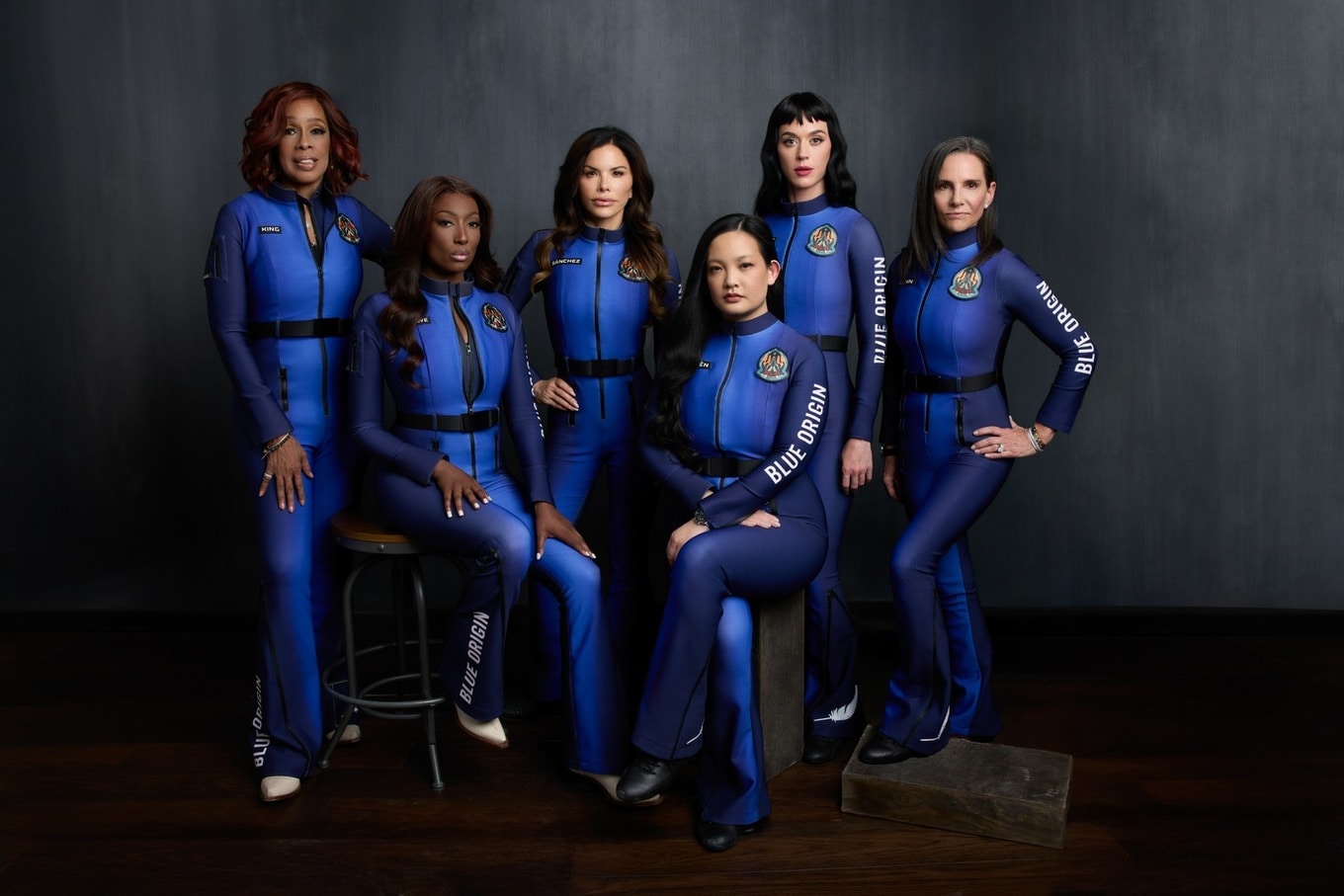 Blue Origin
Blue Origin
“When we said women in STEM this isn’t what we meant,” the fast-food chain posted on X. “Can we send her back?” they added. After backlash, Wendy’s walked it back: “We always bring a little spice to our socials, but Wendy’s has a ton of respect for Katy Perry and her out-of-this-world talent.”
Others in support of Blue Origin’s all-female crew have called out the trolling, asserting that it’s fueled by sexist notions. In a video posted to Instagram, Jenny Stojkovic, founder of Vegan Women’s Summit, highlighted the sexist undertones of the criticism surrounding the space mission. “There have been 30 male-led civilian space flights that have happened in the last two years, and I have not seen a single criticism of them,” she asserts.
She goes on to compare press coverage of Star Trek actor William Shatner’s space flight to the recent all-female mission. “Let’s look at The New York Times: ‘In a Blue Origin Rocket, William Shatner Finally Goes to Space.’ Finally our Captain Kirk! But what about the women? ‘One Giant Stunt for Womankind’ [reads The New York Times.] So when William Shatner does it, it’s awesome, but when women do it, I guess we’re just a stunt.”
Despite Stojkovic’s valid claims, the online conversation surrounding Blue Origin’s recent space mission leans negative. Much of the outrage over it, and other celebrity space travel, focuses on environmental damage. But how does it stack up against the behavior of the biggest polluters here on Earth? Like Wendy’s, for example.
Comparing the environmental cost of space travel and fast food
According to QSR, with more than 5,500 franchised stores, Wendy’s lands at number nine among the top 10 biggest fast-food chains in the US, coming in after names like McDonald’s and Burger King. At Wendy’s, just like with many other fast-food giants, beef is king. But beef is also one of the worst meats for the planet.
In fact, research suggests that just one four-ounce beef burger can emit up to 9.7 kilograms of carbon dioxide equivalent. There is no public data on Wendy’s sales, but we can make an estimate about how many beef burgers it sells based on its customer details. It welcomes around 200 million customers each year. If around 70 percent of those customers buy a beef burger, Wendy’s is likely selling around 168 million burgers per year. In emissions? That’s approximately 1.63 million tons of carbon dioxide equivalent annually.
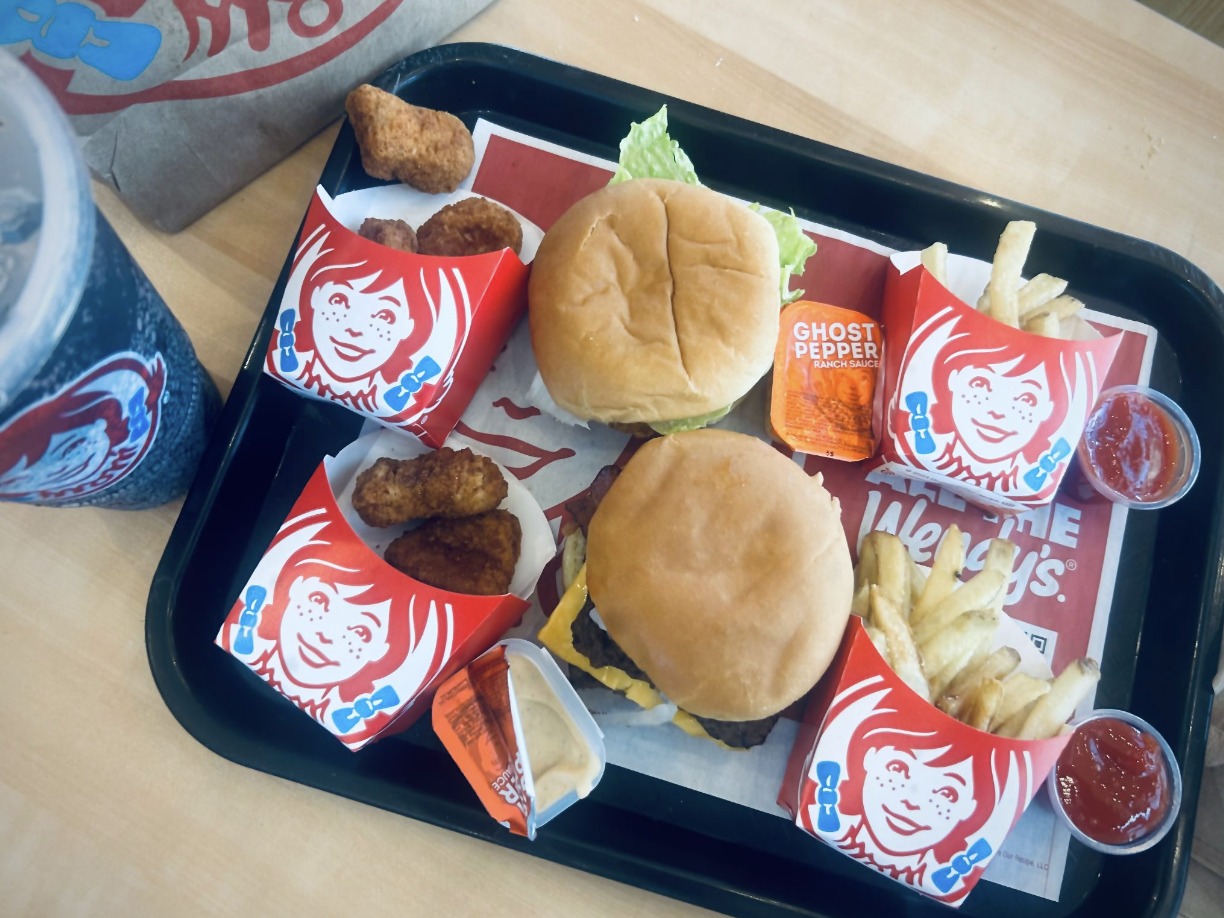 Wendy’s | Facebook
Wendy’s | Facebook
BECOME A VEGNEWS VIP: Get exclusive product deals, freebies, and perks galore!
So how does this look next to space travel? Well, Blue Origin claims that its all-female space mission didn’t emit any carbon dioxide at all. However, it’s important to note that BBC has debunked the idea that this means the rocket wasn’t pollutive.
“Anything that combusts at a high temperature, like rocket fuel, converts nitrogen already in the atmosphere into harmful nitrogen oxide gases,” explains BBC correspondent Victoria Gill after speaking to an atmospheric chemist. “These gases can damage the ozone layer, which is the protective layer in the upper atmosphere that shields us from the sun’s most harmful radiation.”
The Blue Origin rocket also released water vapor (another pollutant and greenhouse gas) into the upper layers of the atmosphere.
“Those emissions linger for a much longer time, mainly due to the lack of weather up there,” adds Gill. “You don’t get rain 100 kilometers above the Earth to wash those pollutants down to the ground.”
The key difference, perhaps, is what we can learn from space exploration.
What we can learn from space
On Earth Day 2023, NASA published an article highlighting how studies from the International Space Station are helping us tackle the climate crisis. It orbits Earth 16 times a day, passing over 90 percent of the population and enabling continuous data collection on global climate patterns. It can also measure ground temperatures, identify super emitters, and enable astronauts to take valuable images of the Earth’s environment from above.
This important work is partly why some scientists found the recent Blue Origin all-female expedition frustrating. “These flights are significant and exciting, but I think maybe they can also be a source of frustration for space scientists,” Kai-Uwe Schrogl, special advisor for political affairs at the European Space Agency, told BBC. “We see space flight as being for science, knowledge, and the interests of humanity. Celebrities do it for amusement but get a lot more attention than the regular astronauts.”
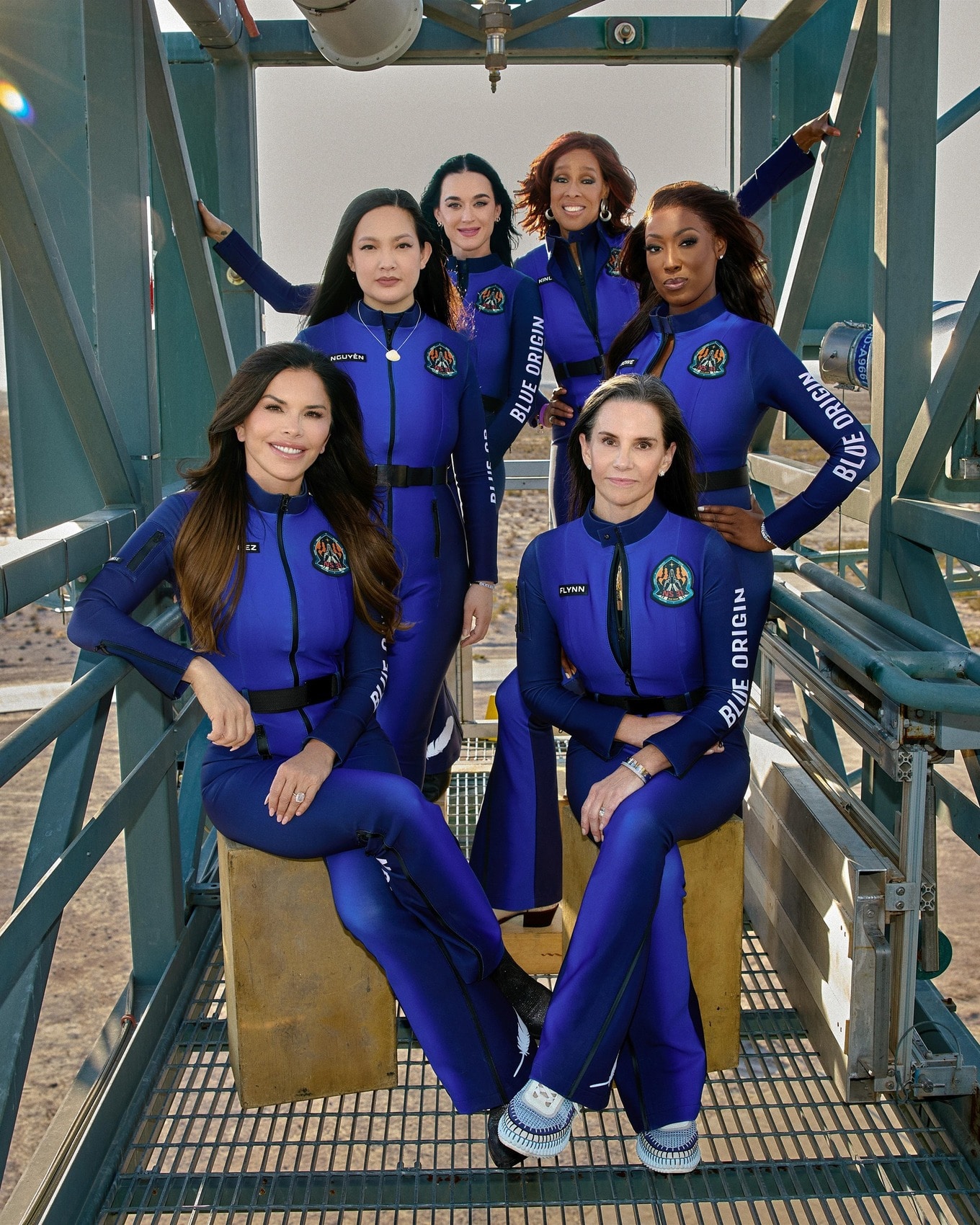 Blue Origin
Blue Origin
Others, like Stojkovic, accept the mission might have had some positives. “Gayle King and Aisha Bowe became only the fifth and sixth Black women to ever go to space,” she noted on Instagram. “Aisha Bowe is the first person ever from the Bahamas to go to space. Amanda Nguyen was the first Vietnamese woman to ever go to space. They are literally breaking racial barriers and increasing diversity.”
Stojkovic isn’t alone. Tanya Harrison, PhD, CEO of the Earth and Planetary Institute of Canada, echoes this sentiment. “[It might] change the demographics a little bit of who might want to do something like this,” she told BBC. “Socially, they might have had some impact.”
It’s also important to note that not everyone on the recent flight was actually a celebrity. Bowe, for example, is a Bahamian-American aerospace engineer, entrepreneur, and advocate for STEM education who worked at NASA for six years.
“I didn’t go to space just for the view,” she wrote in a statement on social media. “I went as a science payload operator flying multiple experiments on Blue Origin’s New Shepard making history in the process.”
She added: “Yes, rockets have an environmental impact. So do planes, data centers, and cargo ships. The goal is to make launch vehicles reusable and more sustainable. Space is essential to monitor climate, track disasters, and support Earth from above.”
In fact, part of Bowe’s mission was to explore how crops like sweet potatoes and chickpeas grow in microgravity. This kind of research is crucial for supporting future food systems, particularly for long-duration space missions where astronauts will need to grow their own food.
“Be curious. Be critical,” wrote Bowe. “But don’t be so quick to dismiss the research, impact, or inspiration this kind of mission can carry.”
For more plant-based stories like this, read:
JUMP TO ... Latest News | Recipes | Guides | Health | Subscribe

